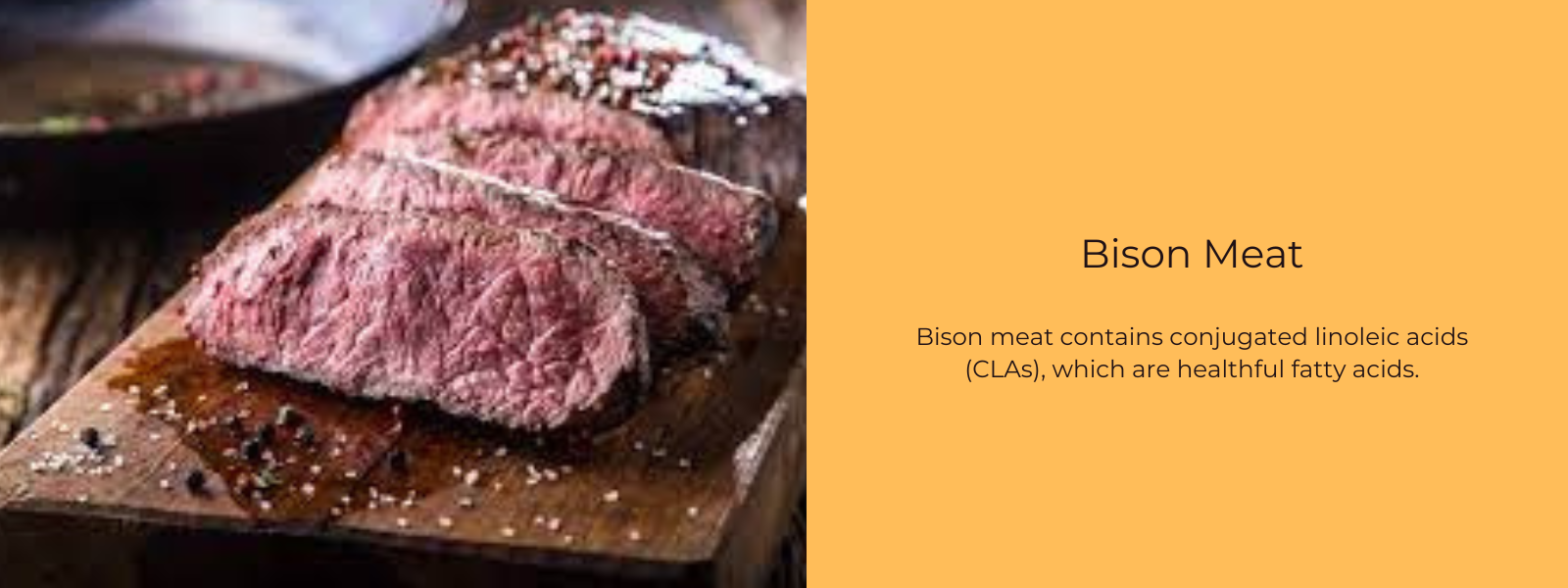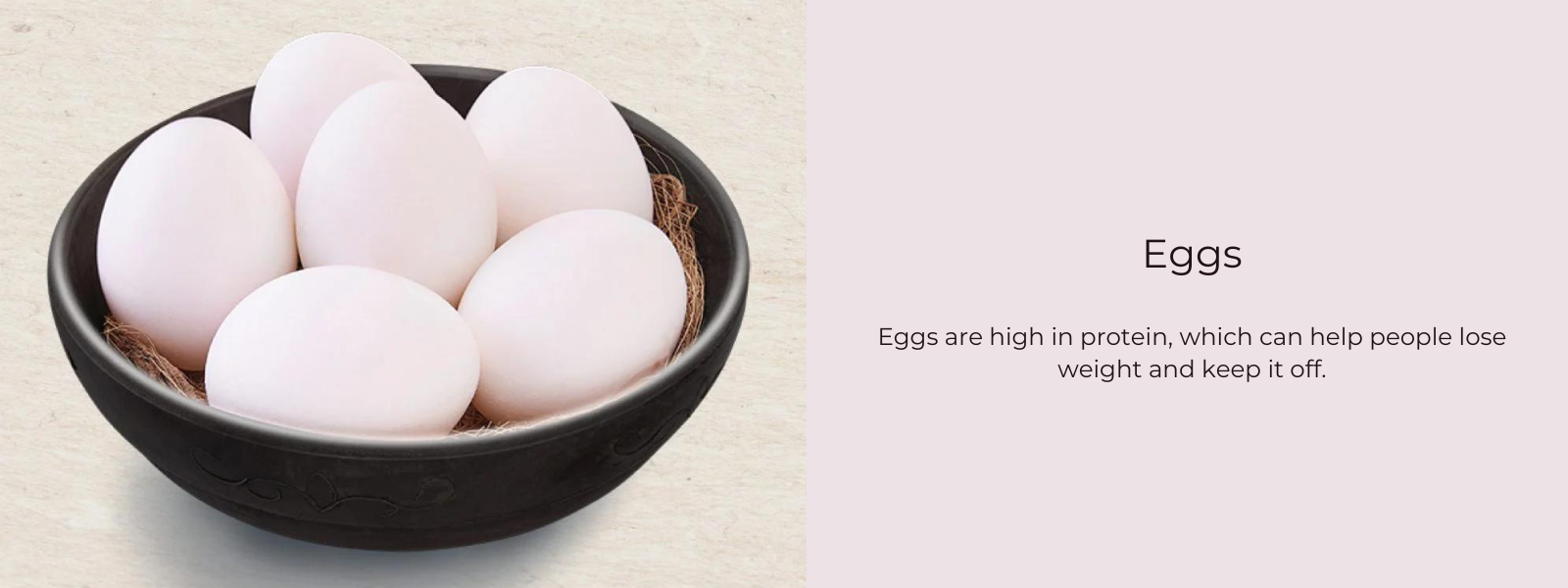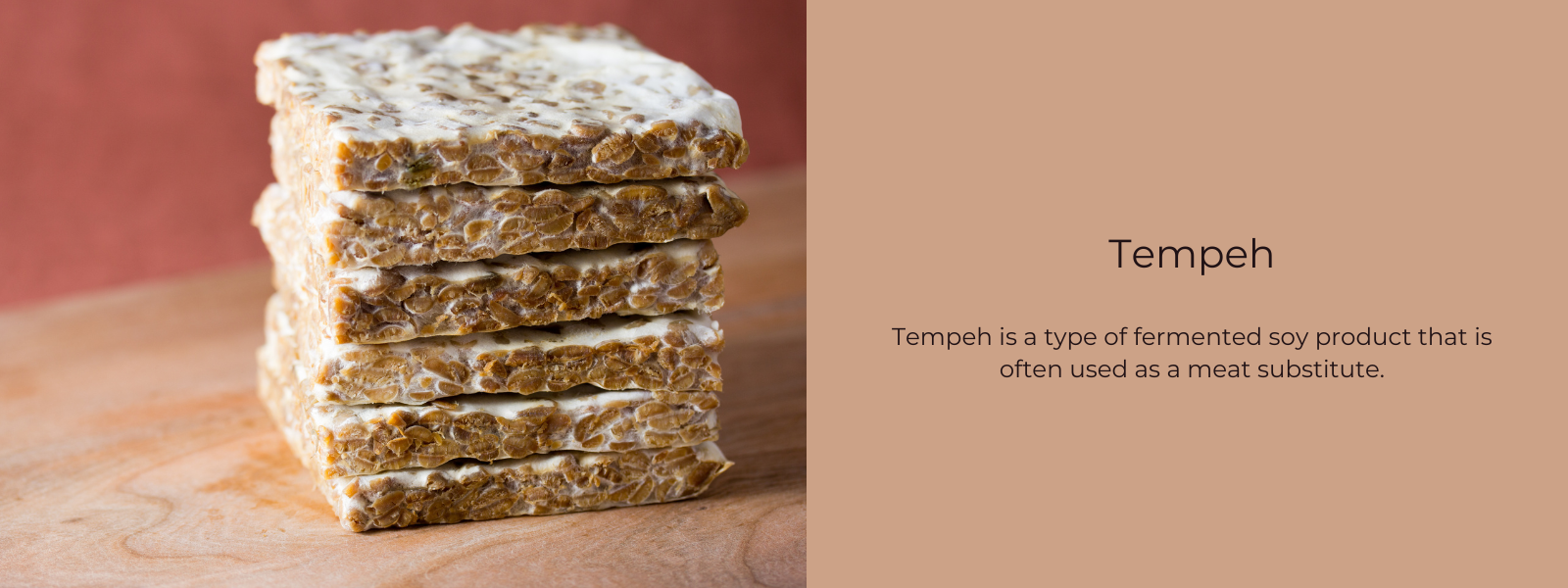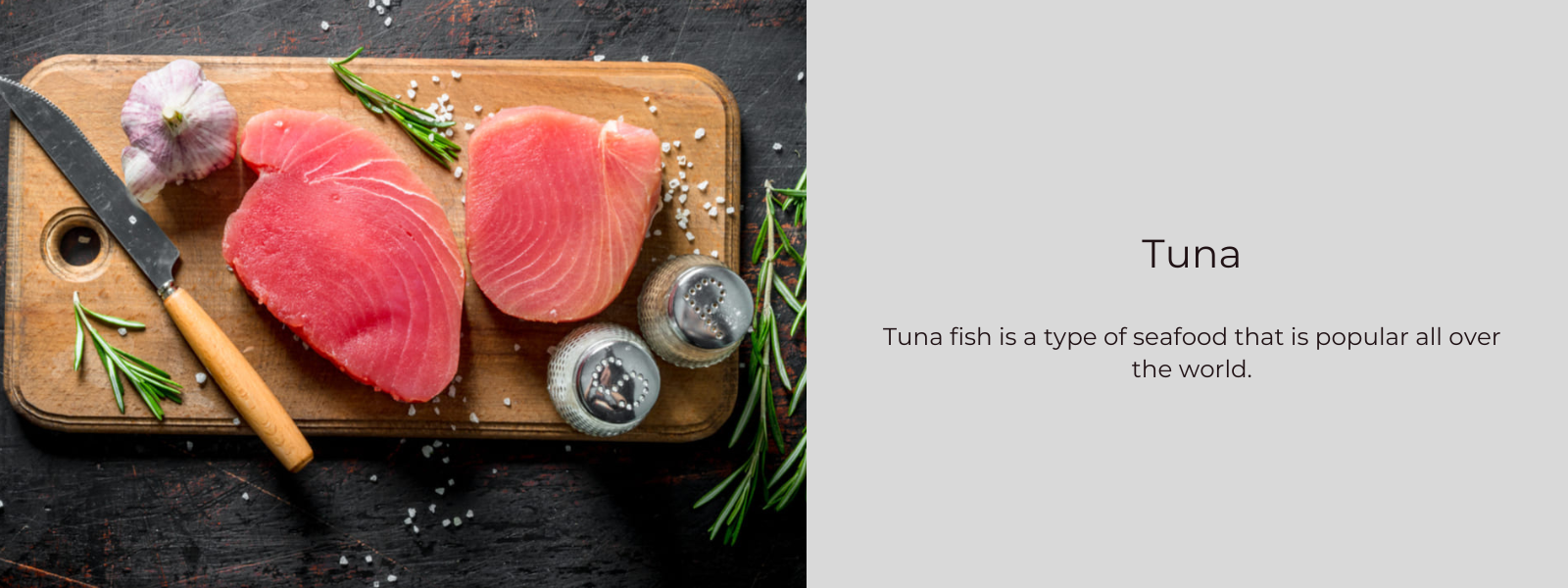Turkey carries a nutritional punch and is generally healthier than red meat. It is frequently used as a substitute for beef meat in recipes. Turkey is an excellent protein source. Protein is utilised by the body to construct and repair bones, cartilage, muscles, epidermis, blood, and tissue. Protein constitutes a macronutrient, meaning that your body requires a great deal of it. Your body cannot store protein, so it must be consumed daily.
As long as you don't consume excessive amounts of turkey, it can be an excellent way to obtain the necessary amount of protein. It is also an excellent source of vitamins and minerals, including magnesium and niacin.
Table of Contents
What is turkey?
Turkey is a large bird, which is both hunted in the wild and reared on farms. Its meat is extremely nourishing and a popular source of protein consumed worldwide. The meat is also known as simply turkey and is a popular poultry dish throughout the globe. Turkey is traditionally savoured on many holidays, including Thanksgiving and Christmas, but it is also used to prepare a wide variety of other dishes.
Nutritional value of turkey:
Turkey meat is nutritionally dense. It is minimal in calories and fat, however high in protein. All of the nine vital amino acids are present in turkey meat, allowing it to be used to create complete proteins. It is also an excellent source of vitamins and minerals, including B, magnesium, iron, and zinc.
One hundred grams of broiled turkey breast contains 189 calories. Turkey is rich in choline, vitamin B6, vitamin B12, and vitamin B6.
Health benefits of turkey:
- Abundant in vital vitamins and minerals
Turkey contains every essential amino acid required by the human organism. Selenium, an antioxidant mineral, is abundant in turkey and can protect cells from harm caused by free radicals.
Vitamin B6 is abundant in turkey breast, which helps maintain a robust immune system and aids in energy production. In addition, it is a rich source of selenium, niacin, and zinc. Niacin aids in the conversion of food to energy and promotes cognitive function.
Additionally, turkey is rich in selenium, a mineral that promotes robust thyroid function and can lower cancer risk.
- Great protein content
Turkey is an exceptional protein source. It comprises all nine vital amino acids required for proper body function. The protein content of turkey meat can range between 24 and 28 percent. This makes it an ideal protein source for those seeking to shed weight or develop lean muscle.
Protein aids in the growth and repair of body tissues and the maintenance of enzymes involved in energy metabolism. Additionally, protein contributes to developing muscle mass that can prevent age-related muscle mass loss. Additionally, protein helps you feel fuller for longer after a meal, so you do not feel hungry as soon.
- Delicious low-calorie foods
Compared to other meats, such as beef or pork, turkey meat contains just under half the calories. A serving of 85 grams of cooked turkey breast contains only 160 calories, while a serving of 85 grams of cooked beef brisket contains over 300 calories!
Due to its substantial amount of protein, turkey is also an excellent bodybuilding diet.
- aids in the maintenance of a healthful weight
This makes turkey a great option for those attempting to lose weight or manage their cholesterol levels. A serving of 100 grams of roasted turkey breast without skin includes only 190 calories, 7 grams of fat, and 29 grams of protein.
- Enhances disposition and calmness
Turkey includes tryptophan, a vital amino acid that increases serotonin levels in the brain, thereby promoting relaxation. Within the body, tryptophan is transformed into 5-hydroxytryptophan (5-HTP) that is then converted into serotonin.
Serotonin modulates your mood and relaxes you, reducing your anxiety while making it simpler to fall asleep and remain asleep at night.
- Increases blood volume
The B6 and B12 vitamins are particularly abundant in turkey flesh. These two vitamins are essential for many vital physiological processes, including digestion and the growth of nerve cells.
However, vitamins B6 or B12 are essential for red blood cell production. Therefore, consuming turkey increases blood production.
How to prepare turkey?
The healthiest method to eat turkey is by choosing white meat without the skin.
Also essential is selecting fresh turkey over processed turkey. One cup of turkey breast includes over 18% of the daily recommended sodium intake. Turkey that has been processed can contain over 35 percent of the recommended dose.
The best method to reduce the amount of salt and fat in your turkey is to purchase and cook a fresh turkey breast at home. e Opt instead for the oven roasting your turkey breast. Serve with your favourite vegetables or try with one of the numerous turkey breast recipes available online.
How to add turkey to your diet?
You can consume turkey in an infinite number of methods.
This meat is typically roasted in the oven, but it can also be simmered until tender in a slow cooker or crock pot.
It can be used in the following dishes:
Salads. Add it to salads hot or chilled for a protein boost.
Curries: In place of chicken, turkey can be substituted in curries.
Casseroles: This meat is ideal for use in casseroles.
Soups: Not only is turkey meat delicious in soups, but turkey bones can also be used to create homemade stock.
Sandwiches: Combine with garnishes and spreads of your choosing, such as lettuce, mustard, tomato, or pesto.
Burgers: Mixing ground turkey with filling or breadcrumbs produces burger patties.
Additionally, ground turkey can be purchased and substituted for ground beef in recipes such as spaghetti Bolognese and cottage pie.
Fun facts on turkey:
Typically, dark turkey meat contains a greater number of nutrients than white turkey meat, but also a greater amount of calories and fat.
The turkey needs to be cooked to an internal temperature of 165 degrees Fahrenheit.
Typically, turkeys reared on pasture have greater omega-3 content compared to those raised in a factory.
When the skin of a turkey is removed, a significant amount of fat is also removed.
Precautions to follow while cooking turkey:
To cook turkey safely, follow these steps:
- The turkey should not be defrosted at room temperature.
- Chill a frozen turkey in the refrigerator for approximately 24 hours per four to five pounds.
- Use different surfaces, platters, and utensils when handling precooked turkey as opposed to other foods.
- Ensure that your turkey is cooked sufficiently: Use a food thermometer to ensure the deepest portions of the thigh, breast, and wing joint reach 165 degrees Fahrenheit.
Turkey during Thanksgiving:
It is difficult to imagine a holiday meal without poultry. Turkey is an indispensable dish during certain periods of the year, whether you are considering Thanksgiving or Christmas.
Although Thanksgiving and Christmas are peak times for its consumption, turkey is also a common sandwich meat and alternative to minced beef year-round. The United States is the largest turkey meat producer in the globe.











Leave a comment